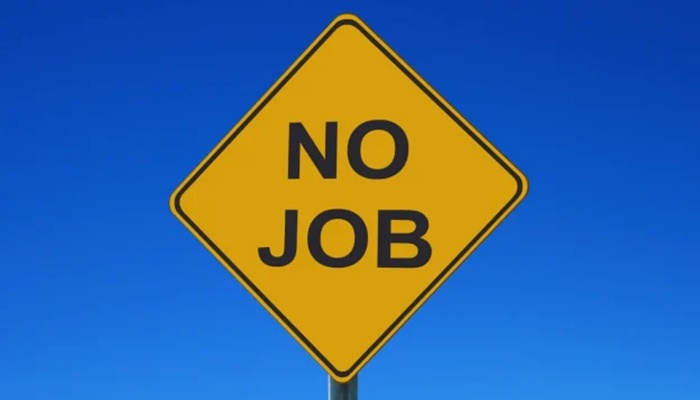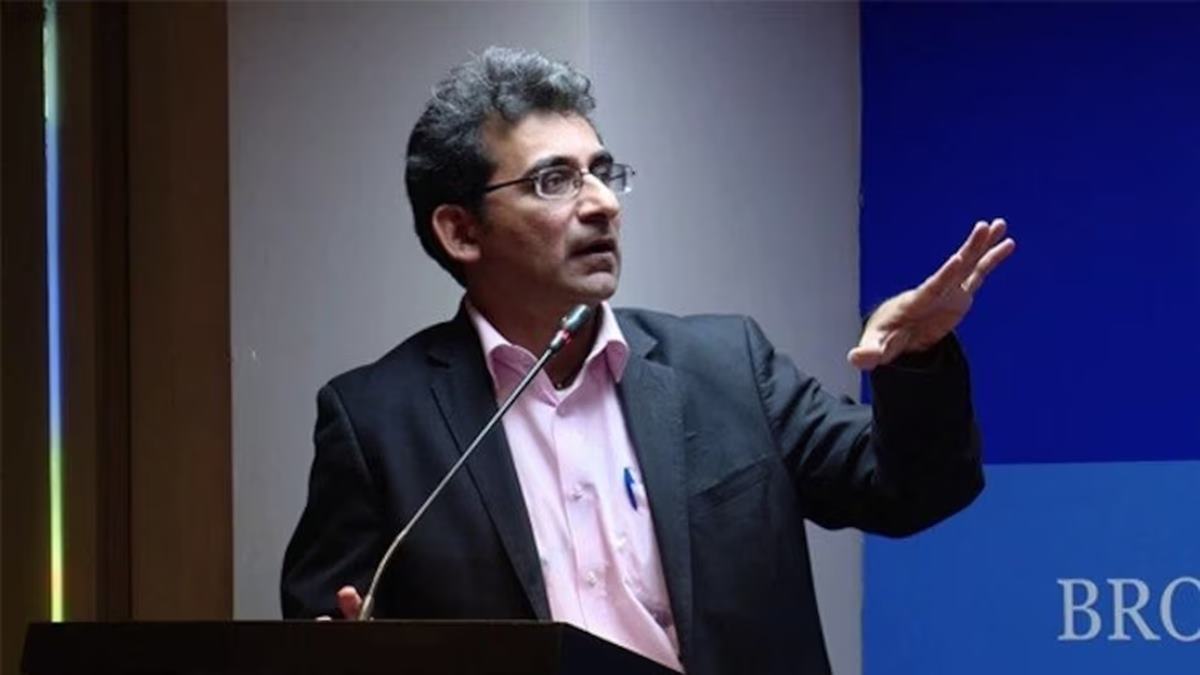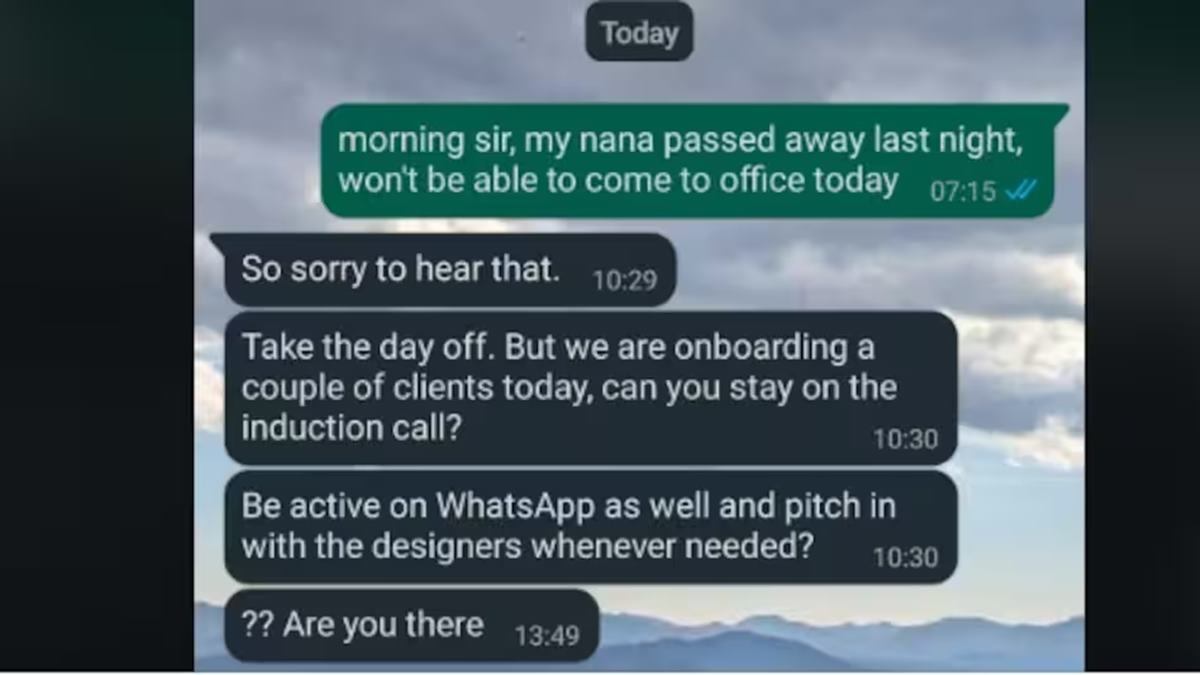If you’re a central government employee, you can now take up to 60 days of leave every year, including 30 days of Earned Leave, 20 days of Half Pay Leave, 8 days of Casual Leave, 2 days of Restricted Holiday. The employees can use these leaves for any purpose, including taking care for your elderly parents.
This isn’t a new rule — it’s part of the Central Civil Services (Leave) Rules, 1972, but it was clarified once again in a Rajya Sabha response on Thursday.
Union Minister of State Jitendra Singh confirmed that employees can use different types of leave to handle personal matters, including elder care.
WHAT TYPE OF LEAVE CAN BE USED?
Here’s what’s available annually to each employee:
- 30 days of Earned Leave
- 20 days of Half Pay Leave
- 8 days of Casual Leave
- 2 days of Restricted Holiday
These can all be combined in a year — adding up to 60 days of time off for looking after elderly parents or other personal matters.
LEAVE RULES THAT GO BACK DECADES
The CCS Leave Rules came into force on June 1, 1972, and cover everything from maternity and paternity leave to leave for study or illness.
The rules even allow certain types of leave to be clubbed with weekends or holidays, giving employees flexibility to take longer breaks when needed.
LEAVE ACCOUNT MAINTAINED FOR EACH EMPLOYEE
Every employee has a ‘leave account’, which gets updated twice a year — on January 1 and July 1. Earned leave accumulates at 2.5 days per month.
Leaves like maternity, paternity, or child adoption aren’t counted from the regular leave balance and are granted when needed.




















